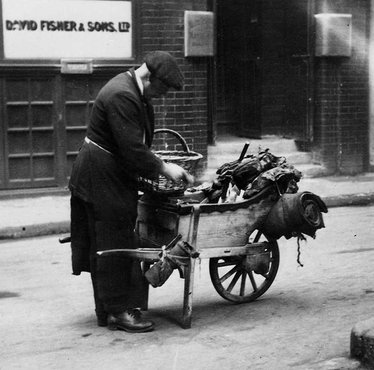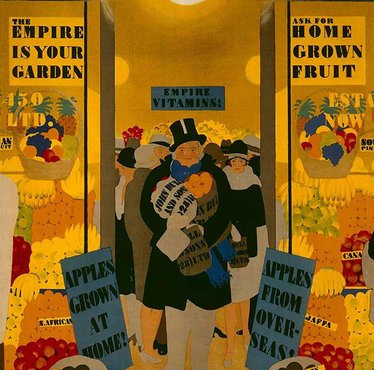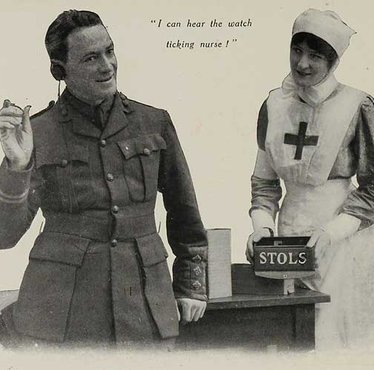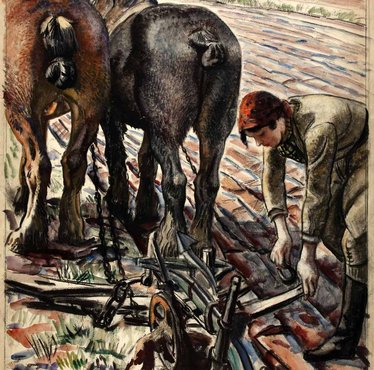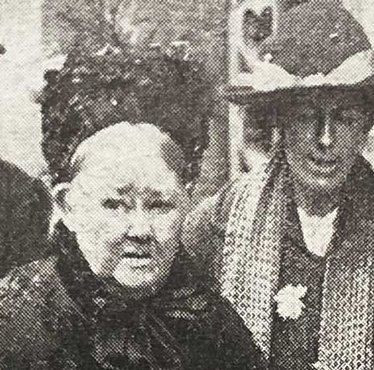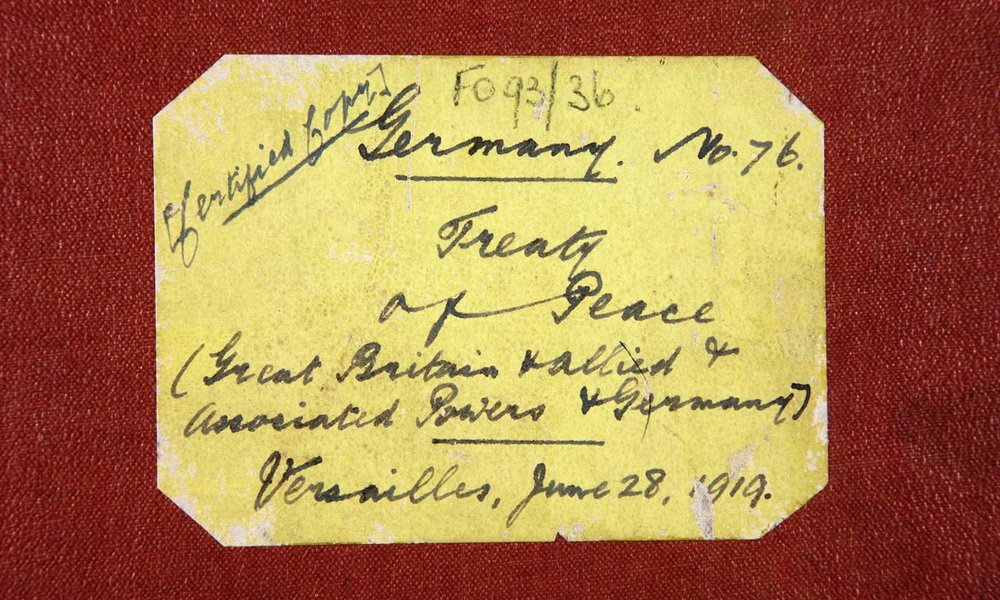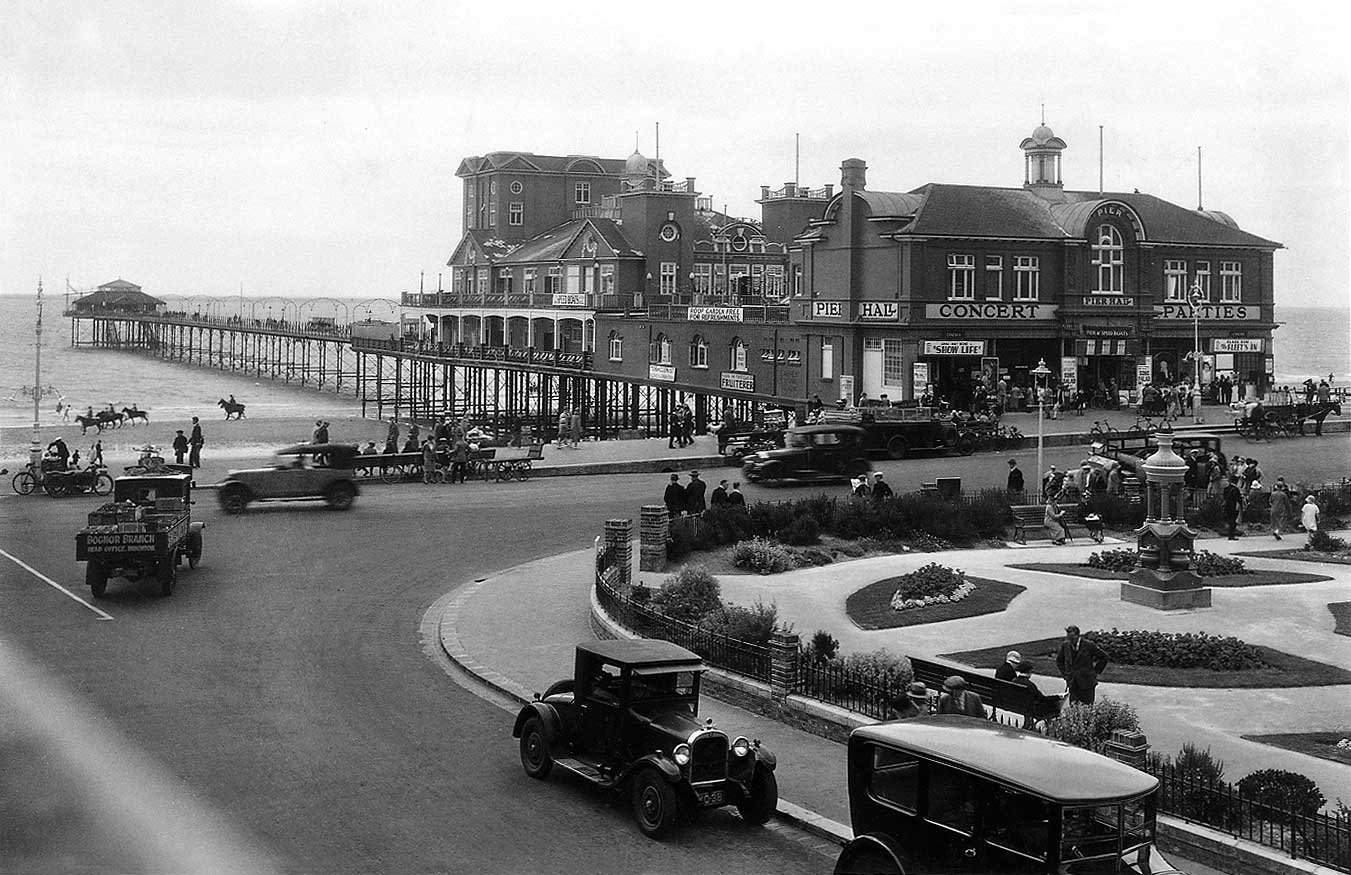
Interwar (1918–1939)
Explore British life between the two world wars. Our records tell the stories of both ordinary lives and the actions of radical changemakers pushing at the boundaries of society. From an LGBTQ+ icon to some of the trailblazing women and people of colour working for the first time in politics.
-
Evelyn Dove
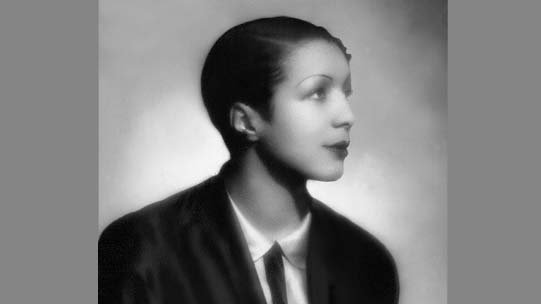
Singer and broadcaster Evelyn Dove (1902–1987) achieved a number of firsts including, in 1925, becoming the first woman of African heritage on BBC Radio.
-
Police report on the disappearance of Agatha Christie
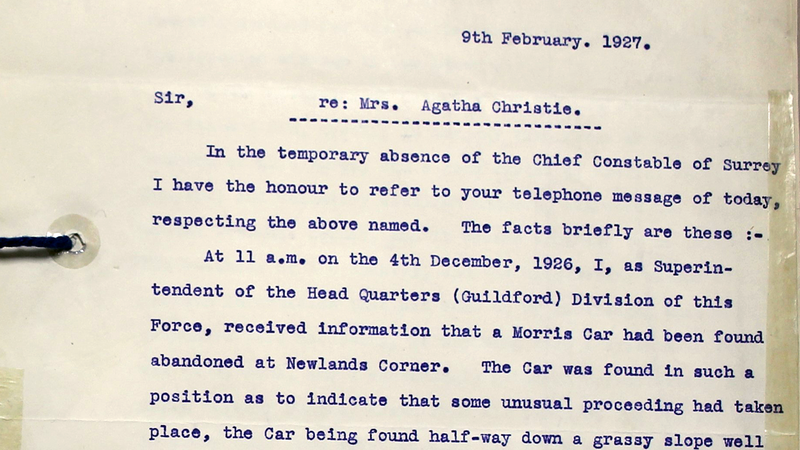
This letter details the circumstances of the strange disappearance of famous author Agatha Christie in 1926.
-
Virginia Woolf’s death duty record
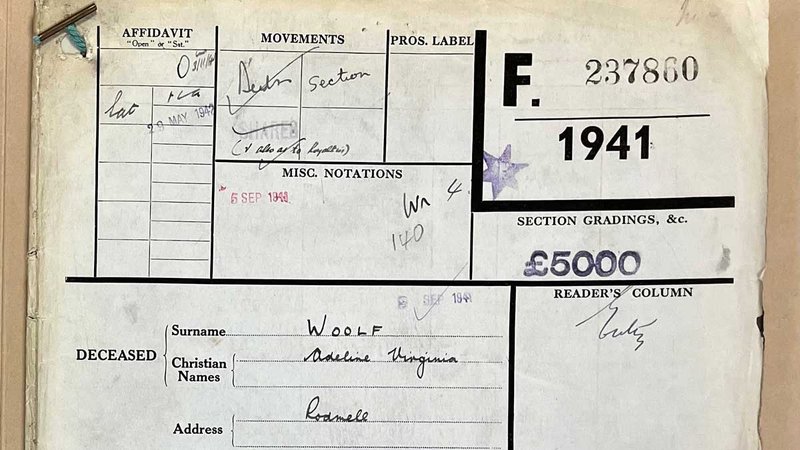
Death duty records can reveal a great deal about a person’s true feelings. What can we learn about the loves and friendships of author Virginia Woolf from hers?
-
A queer working-class haven: Lady Malcolm’s Servants Balls
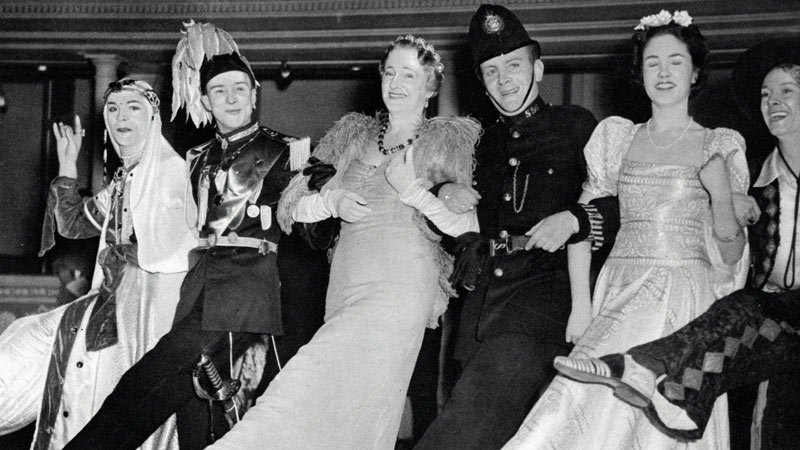
Lady Malcolm’s elaborate Servants’ Balls allowed queer, working-class staff to forge a unique space for themselves. But these events became plagued by scandal.
-
The WÃSÙ journal
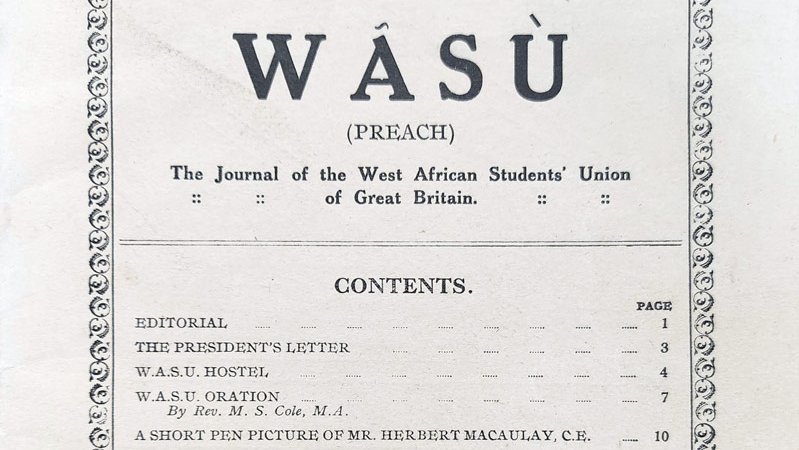
WÃSÙ was the journal produced by the West African Students’ Union (WASU) and distributed across Europe and Africa from 1926.
-
Sir Learie Constantine
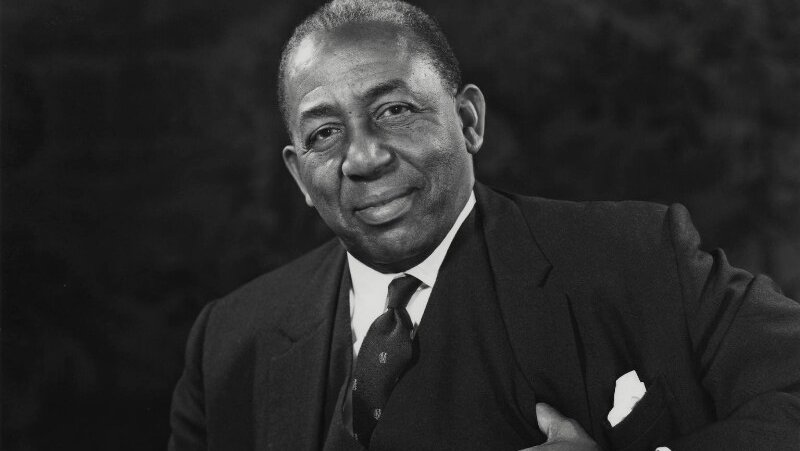
Sir Learie Constantine (1901–1971) was a renowned cricketer, author, politician and persistent campaigner for racial equality and justice.
-
Printed circular produced by the National League of the Blind
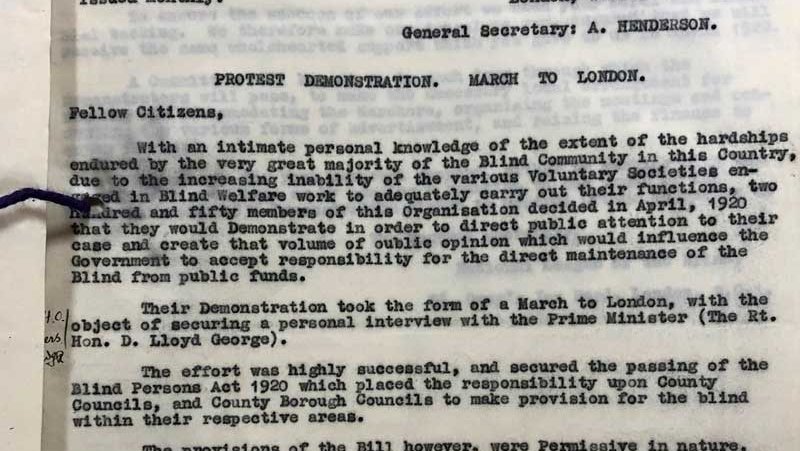
In 1920, hundreds of members of the National League of the Blind (NLB) marched 200 miles to campaign for support. This printed circular explains what happened.
-
Ivor Cummings
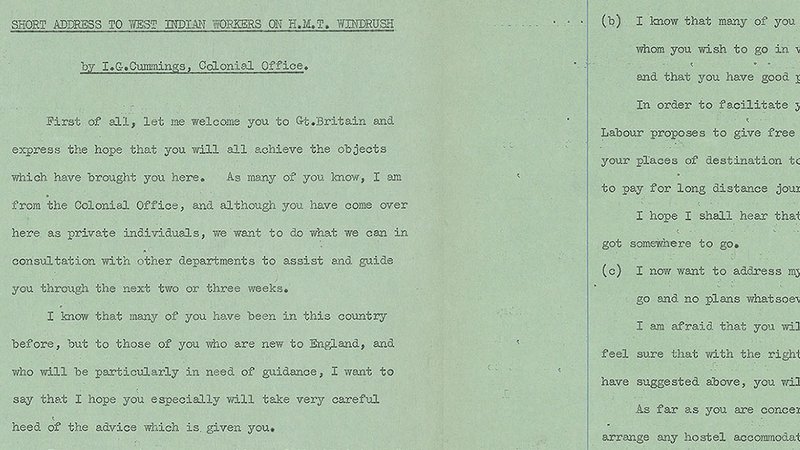
Ivor Cummings (1913–1992) greeted the iconic arrival of the Empire Windrush at Tilbury in 1948. He became known as the 'gay father of the Windrush generation'.
-
Margaret Bondfield
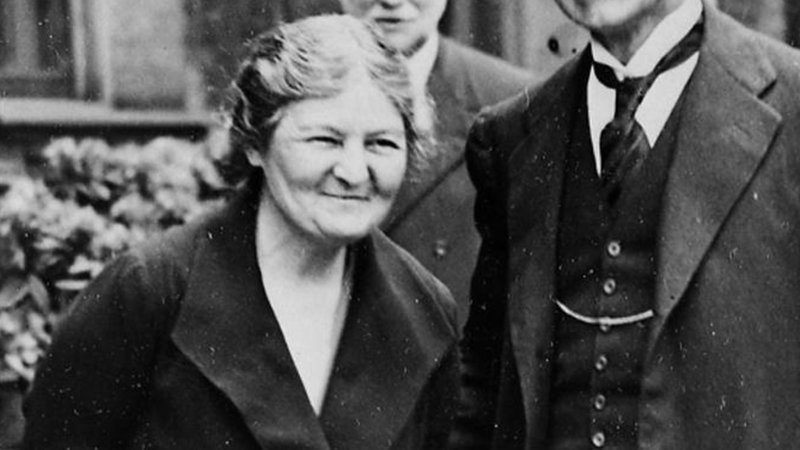
Margaret Bondfield (1873–1953) was a trade unionist and Labour politician. In 1929 she became Britain’s first female cabinet minister.
-
Nancy Cunard
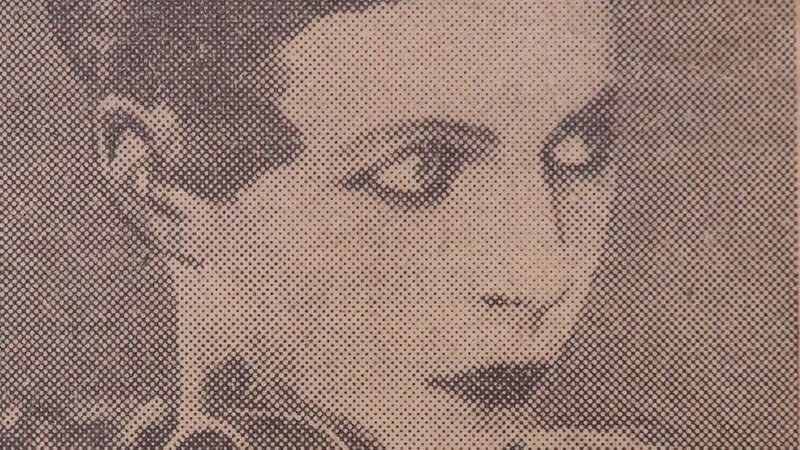
On the Windrush passenger list, white socialite Nancy Cunard (1896–1965) is described as a 'writer', but she was also a staunch activist for Black civil rights.
-
The Caravan Club

The police raid on a secret queer nightclub in 1933 gives an insight into the lives of gay men in interwar London and their defiance in the face of persecution.
-
Shapurji Saklatvala
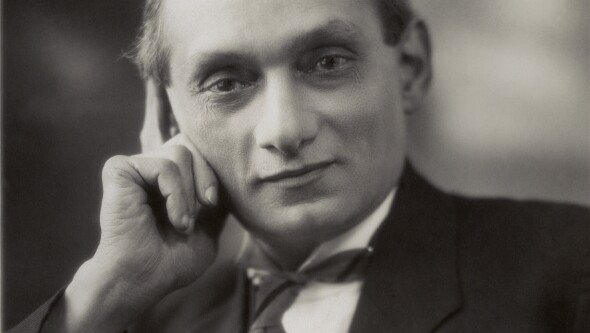
One of the first MPs of Indian heritage, Shapurji Saklatvala (1874–1936) was an agitator for change, which led to his surveillance by the Security Service.
-
Radclyffe Hall
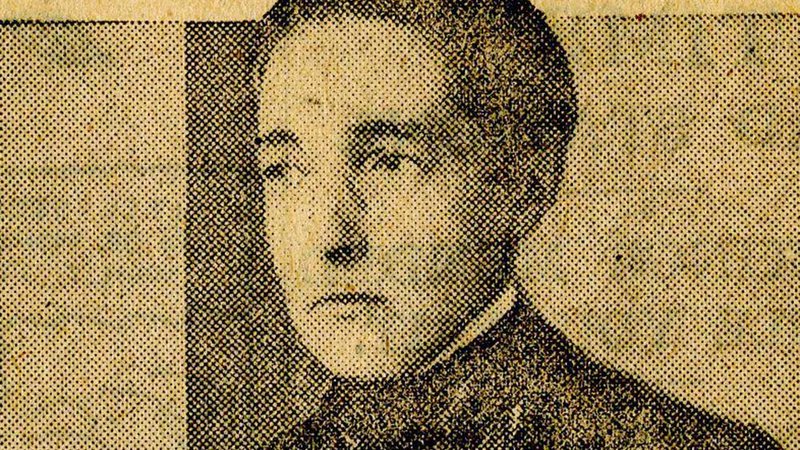
Radclyffe Hall (1880–1943) lived relatively openly as a lesbian in an era that condemned such relationships. Today she is an icon of LGBTQ+ literature.
